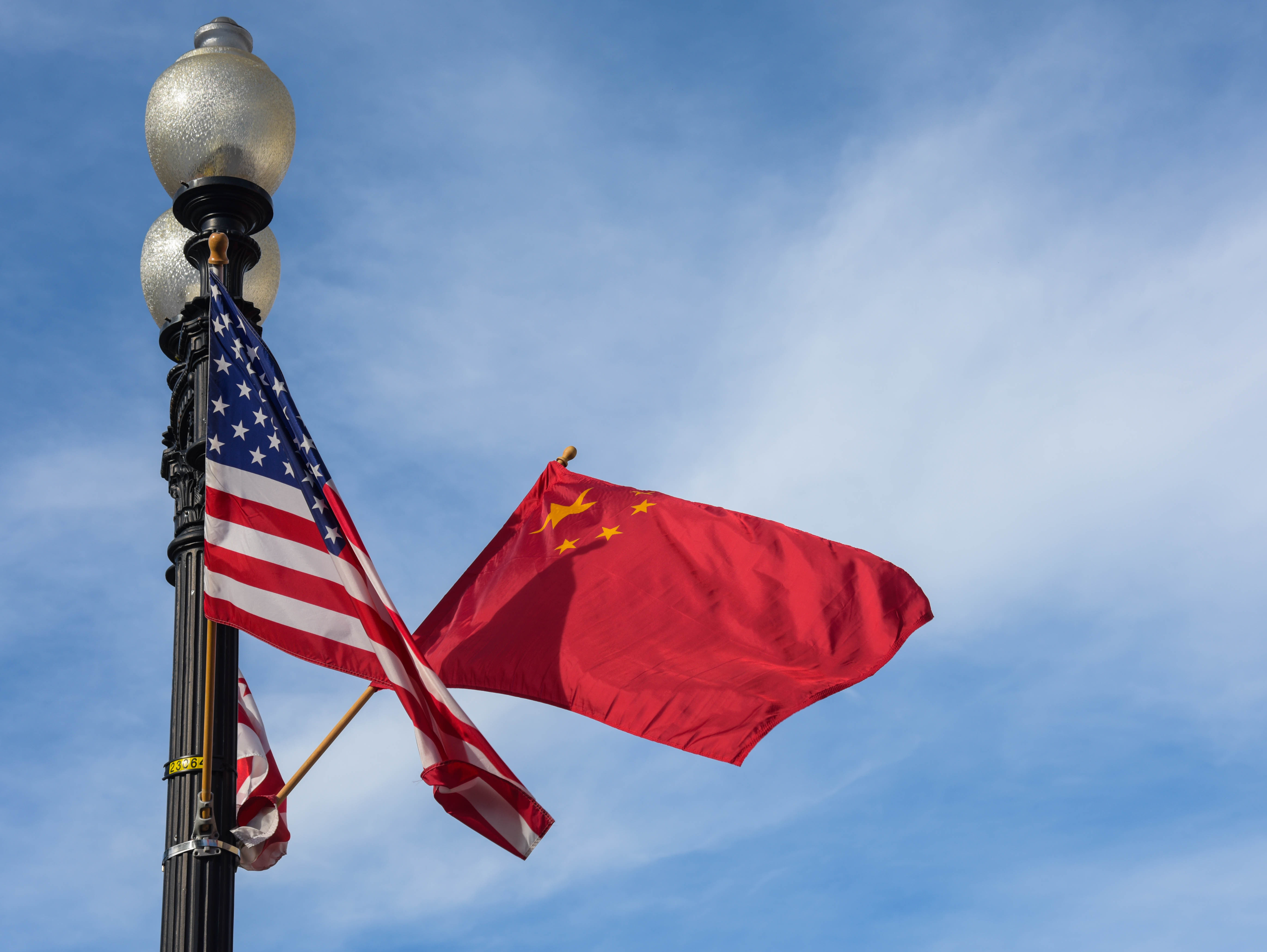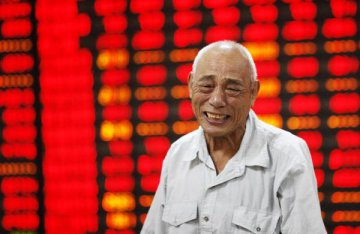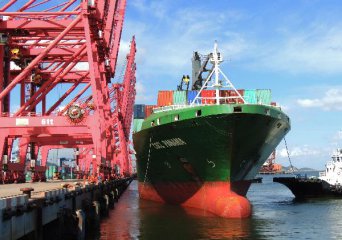
A photo of flags of China and the United States (Xinhua/Bao Dandan)
BEIJING, June 13 (Xinhua) -- As much as U.S. officials like to tout the country as a "winner" in the trade tensions with China and insist there would be "little effect to U.S. consumers," facts and figures point to quite the contrary.
U.S. Treasury Secretary Steven Mnuchin's latest comment was that Chinese companies were absorbing a significant part of the tariff rise, and the price increases had been prevented from being passed on to U.S. consumers.
But the reality is, from the retail items on store shelves to furniture and travel goods, prices are rising, and U.S. consumers are set to feel the sting.
The following are some of the likely impacts on U.S. consumers and businesses if the trade frictions continue to escalate.
-- Higher prices on store shelves
U.S. retailers have voiced concern that the latest round of tariff hikes on Chinese goods and possible future increases will force them to raise prices.
Warehouse club operator Costco is looking to accelerate shipments before certain tariffs go into effect and has reached out to suppliers to find ways to reduce costs, according to the company's chief financial officer (CFO) Richard Galanti.
"At the end of the day, prices will go up on things," Galanti said.
Earlier, Walmart also indicated a possible price hike for the products it sells in order to offset the impact of the additional tariffs Washington has imposed on Chinese goods.
"We have mitigation strategies that have been in place for months. But increased tariffs will increase prices for customers," Walmart CFO Brett Biggs said this month when the company reported its quarterly earnings.
-- On footwear
More than 170 shoe companies and retailers, including Nike and Adidas America, had warned that the proposed tariff of 25 percent on footwear would be catastrophic for consumers, companies and the American economy as a whole.
The Footwear Distributors and Retailers of America, a trade group, estimated the retail price of a pair of running shoes that cost 150 U.S. dollars would increase to 206.25 dollars if the additional tariff increase goes to 25 percent.
It further estimated the tariffs would add 7 billion dollars in additional costs to U.S. footwear.
-- On furniture and travel goods
Consumers would pay between 2.1 billion and 4.6 billion dollars additional for furniture and between 578 million and 1.2 billion dollars additional for travel goods, according to a report titled Estimated Impacts of Proposed Tariffs on Imports from China: Furniture and Travel Goods, which was prepared for the National Retail Federation by Trade Partnership Worldwide.
-- Household burdens
The Federal Reserve Bank of New York in March concluded that the U.S. tariffs already in place would cost middle-income American households about 831 U.S. dollars on average.
If the United States imposes 25 percent of additional tariffs on all imported goods from China, the U.S. GDP will decline by 1.01 percent, with 2.16 million job losses and an additional annual burden of 2,294 dollars on a family of four, according to a February report by Trade Partnership, a U.S. think-tank.























Latest comments